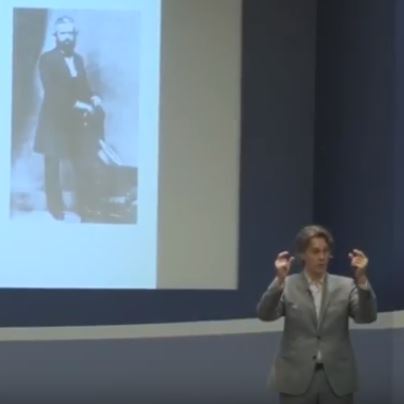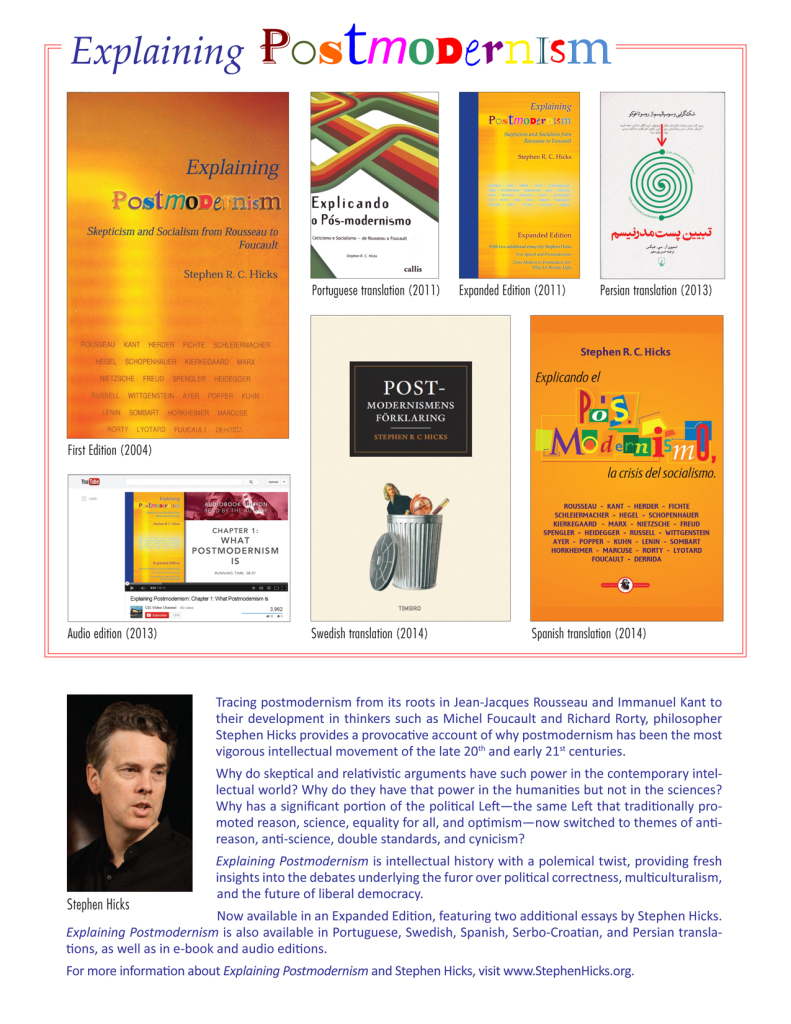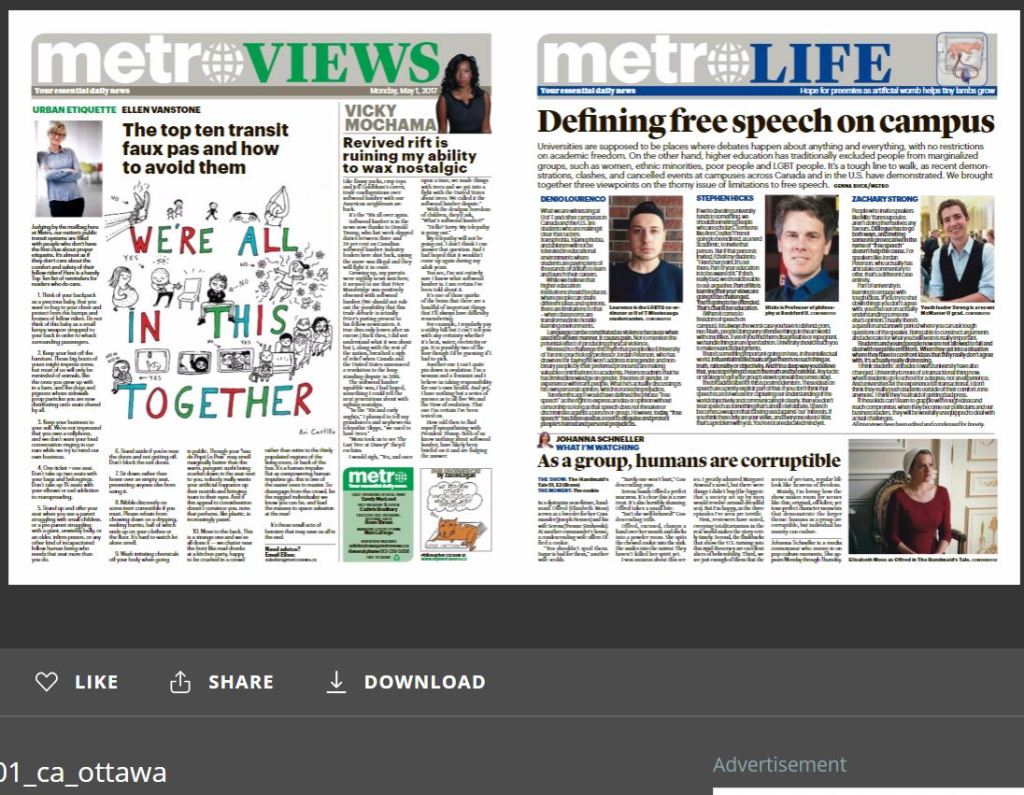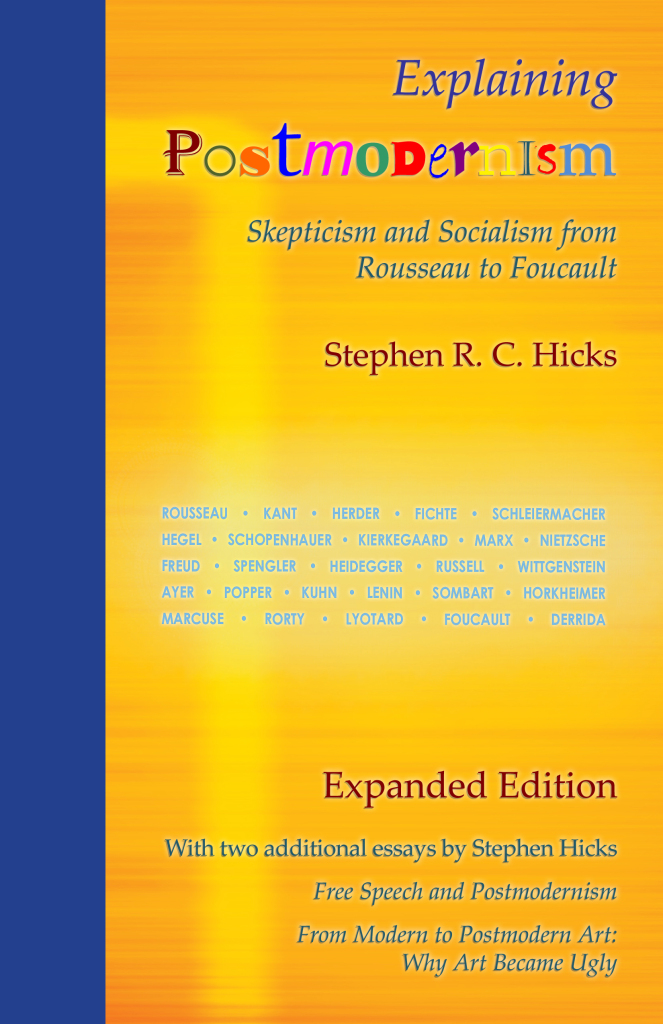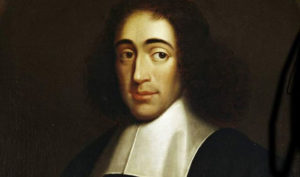“On the Proofs of God’s Existence” republished [Church and State]
My “On the Proofs of God’s Existence” is now republished at Britain’s Church and State site: “The Design Argument has some logical force and must be taken seriously. At the same time, is the best of a bad lot of arguments that attempt to prove the existence of God … Read more here. [Related: “Defending […]
“On the Proofs of God’s Existence” republished [Church and State] Read More »

